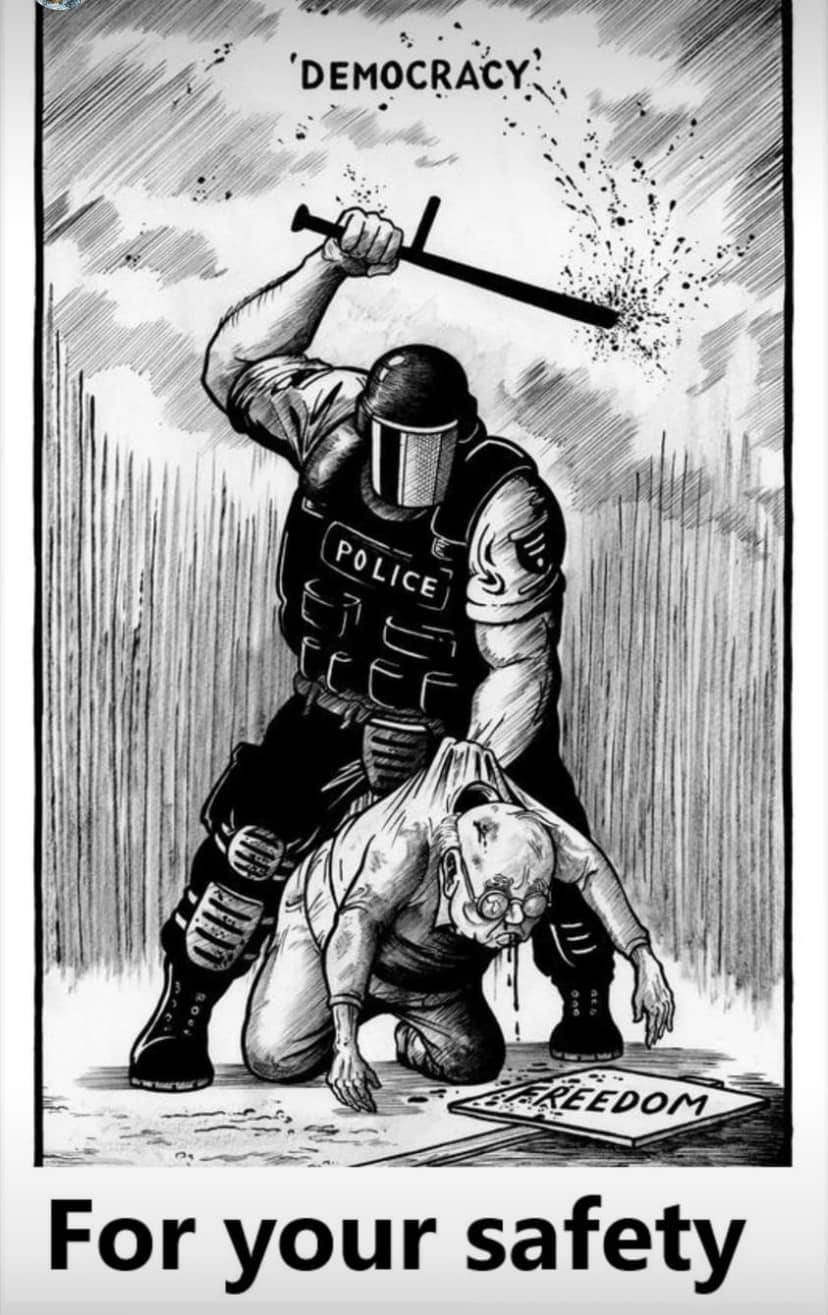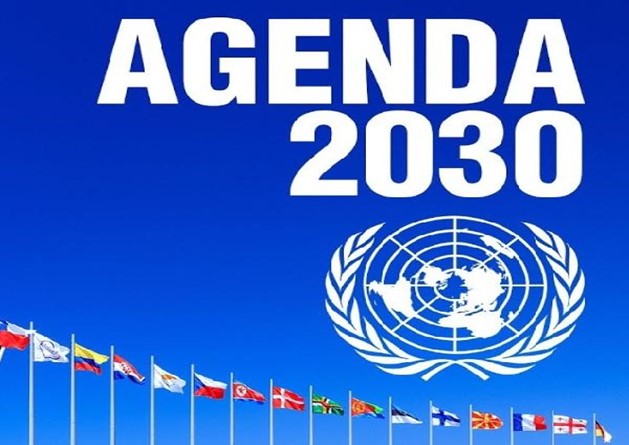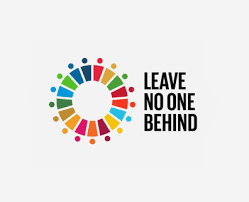2019 Jacinda Ardern was the guest speaker at a private gathering in New York which was hosted by Bill and Melinda Gates. She boasted to the audience that New Zealand is the first country in the world to embed UN Agenda 2030 in NZs Legislation and Regulatory framework. UN Agenda 2030 was non-binding however once entering it into domestic policy becomes binding. The gathering was an event arranged by Goalkeeper an organization set up by the Gates Foundation in 2017 to accelerate UN Agenda 2030 with its 17 goals which include 169 targets globally.
The first in the world, the leader of human experiments, the experimental path of UN Agenda 2030, to leave no-one behind, everyone, everywhere at every age. Prior to implementing Agenda 2030 into NZs domestic policy did the opposition publically warn us, after all this is a global economic, social engineering strategy to be actioned at local level.
UN Agenda 2030 was however in the 2017 ‘Confidence and Supply Agreement’ between the Labour Party and Greens, but the name was missing, it was merely a commitment to 17 Sustainable Development Goals.
Agenda 2030 featured in the 2017 Confidence and Supply Agreement between the Labour Party and the Greens – although not by name. Instead, the parties made a commitment to the 17 Sustainable Development Goals that underpin Agenda 2030: And yes Jacinda Ardern became the poster child of UN Agenda 2030.
In 2018 Ardern spoke at the Conference on Sustainability in New York, she again boasted that her intention was to lead the world by embedding the UN Agenda 2030 SDGs into NZ’s domestic affairs saying :we have decided to try something no other country has done before, we have embedded the SDG Indicators into everything we do. (NZ Government chooses to do) She pointed out that traditional measures of progress for economic growth would no longer exist but these traditional methods would be replaced by new experimental indicators, “a national achievement that go far beyond growth”, she said.
Ardern’s ambitious project namely Indicators Aotearoa N Z, the creating of a set of indicators across varying dimensions eluding to New Zealanders future economic, cultural, social, environmental wellbeing. The introduction to the ‘Wellbeing’ Budget’ was not an innovative strategy to grow NZ’s economy it was merely the beginning phase of Ardern’s deliberate Socialist degrowth of our country. The plundering of New Zealand had begun. Ardern introduced the ‘Wellbeing Budget’. Never mind growth because she had already started taking the country into ‘degrowth’, and 2022 the global media familiarly report purposeful, deliberate ‘Degrowth’. . Ardern has said “whilst economic growth is important and something we will continue to pursue, it alone does no guarantee improvements to New Zealanders living standards”, and so New Zealanders living standards started to drop, as more people joined the public housing waiting list.
To publicly oppose any of Ardern’s decision making, pending legislations, regulations makes one the governments political politicking target practice. Failure to be compliant to government demands means that deliberate character assassination is deal out by the governments purchased mainstream media. Sadly far too many people in New Zealand can not, or choose not to conjure up moral courage to publicly speak out for one reason or another.
The housing crisis in New Zealand is a nightmare, the high cost of housing and sections. I have to wonder does anyone just purchase a section anymore. All I see are’ pack and stacks’ hastily being built all over Auckland. I wonder whatever happen to council bylaws etc., where a huge number of townhouses over shadow peoples property next door, stopping the sunlight, spoiling their privacy, built right close to the boundary fence line. The intensification of housing ‘Agenda 2030’ Smart Growth.
Everything is just so entrenched in an ideological global framework of so called ‘Smart ‘Cities’ which don’t look that smart to me. No gardens for the children to play in and n o apple tree to climb, eem yes my dreams of yesteryear. No children playing with the neighbours kids in the cul-de-sac’s now its little ones in pushchairs with cell-phones in hands. Both parents having to work to survive, children put into day care during their parents working day, they have no choice of being a ‘stay at home mum’
Now its all about ‘Smart Growth’, Agenda 2030, surveillance camera’s and the talk of transhumanism where humans meet machines and become robot like. The UN Agenda 2030 that Ardern boasted about on the global stage, as she implied that she would take the lead, the lead to control every aspect of our lives, the UN-WEF have mapped it all out. Destruction of ‘free-market enterprise economy’, replacing it with ‘multi-stakeholder Capitalist corporations’, in public-private partnership with governments worldwide. Corporations in the drivers seat, government (regime) as the back seat passenger, small businesses and rural communities – farmers are the roadkill, those that New Zealand’s socialist regime deliberately throw under their tractors. The government using the farmers as their whipping boy in their ambitious climate hoax scheme. Yes, New Zealand the ‘guineapig state’.
There is no open public debate and no justification for Ardern’s actions nor that of any of the other political cronies in the toilet bowl of Wellington… In my research I have touched on UN Agenda 21, Agenda 2030. Agenda 2050 and Agenda 2063 in on the table yet to be exposed worldwide. The UN Global Socialist States of the World. Socialism has failed miserably and caused huge suffering in the past. If you wear a blindfold and a mask around your mouth time to get rid of both and see it for what it really is. Ardern has gone replaced by Hipkins, just rearranging the deckchairs on the Titanic.
Yes New Zealand truly is a guineapig state number one alongside Australia for human trials. New Zealand with its one regularity agency-Pharmac. A small populated country with numerous cultures, ethnic groups that live her. For human experiment, varying cultures are important part of human trials. NZ is the first country to see the rising of the dawn which is advantageous when it comes to the rest of the world. Much needed cancer drugs for example are often too expensive for people to buy, hence more people are inclined to take part in human trials. New Zealand has one of the quickest time frames for human trials to be completed, therefore saves drug companies, research agencies lots of money. ‘Wealth NOT Health’
New Zealanders have become guineapigs of socialist experiments. Ardern also offered New Zealanders up to be guineapigs for the World Economic Forums ‘Reimagining Regulation for the Age of AI
Back in 2013 Google chose New Zealand to be the guineapig for global tech firms. Facebook has enthusiastically used New Zealanders as guineapigs when they trailed a scheme where user pay to make their posts more prominent on friends newsfeeds. In 2011 Facebook also rolled out its timeline feature first in New Zealand in 2011 saying at the time “As a global company we need to gain perspective and insights from outside the US”
The LinkedIn social network also tested its endorsement feature in New Zealand
However Googles Project Loon is probably the most ambitious high tech test carried out in New Zealand, this aimed to bring the internet to 2/3rds of the global population currently without web access. This involved send 30 helium filled balloons to the edge of space above the South Island, each of these balloons were carrying transmitters capable of beaming wi-fi internet access down to antennae on properties below. Googles ultimate goal was a network of thousands of these balloons thus creating a network that provides online access to anywhere in the world.. this was Googles dream and still remains Googles dream.
NOTE; Guinea pigs often sleep with their eyes open looking like they are in a trance. COVID19 Guineapig State. Ministry Of Health reported ‘COVID19 Vaccine trials and testing..ongoing trials, safety monitoring and real world data from COVID19 vaccination programmes worldwide provide us with useful information.
We are in phase 3 of the clinical vaccine (Jab) trials as the government determine whether the Pfizer BioNTech COVID19 jab is safe and effective. YES this government purchased enough of these shots for every man, woman and child in New Zealand to be a guineapig for this human clinical trial. Coerced, blackmailed, lied to, manipulated and mandated into being guineapigs in global Human Clinical Trials as Guineapigs. And to top it off the government ignores the multitude of post jab deaths and numerous severe adverse events.
NOTE: A Texas Court demanded that FDA share their thousands of papers that Pfizer produced to gain authority to market their jab. This information will not be available to the public until at least 2024. Therefore NZ Government know jack shit about the Pfizer drug and all its contents, however they do know that there are huge risks but continue to announce this is for the public good, benefits the public with zilch risks.
October 2022 Pfizer admitted in European Court it did not test their jab to see if it stopped transmission of the virus before it entered the global market place . Governments, including NZ Govt continues to lie to us. If a person has a COVID test and it comes up positive e, if they die within 28days of that positive test they are counted as a COVID death. This was introduced 10th March 2022 in NZ. The World Health Org., (UN) requested that all countries align themselves in counting COVID19 deaths in this way. Therefore a suicide, a post jab death, a motor vehicle accident, being shot by the police equates to a COVID death if that person came up with a positive COVID19 test within 28 days of their death. The window of time can be expanded and has been in the UK. ZILCH TRANSPARANCY AND THE BULL SHITE LIES CONTINUE. Just keep people in the state of fear, so they are easier to control.
Guineapigs that sleep with their eyes open as if in a trance.
...




